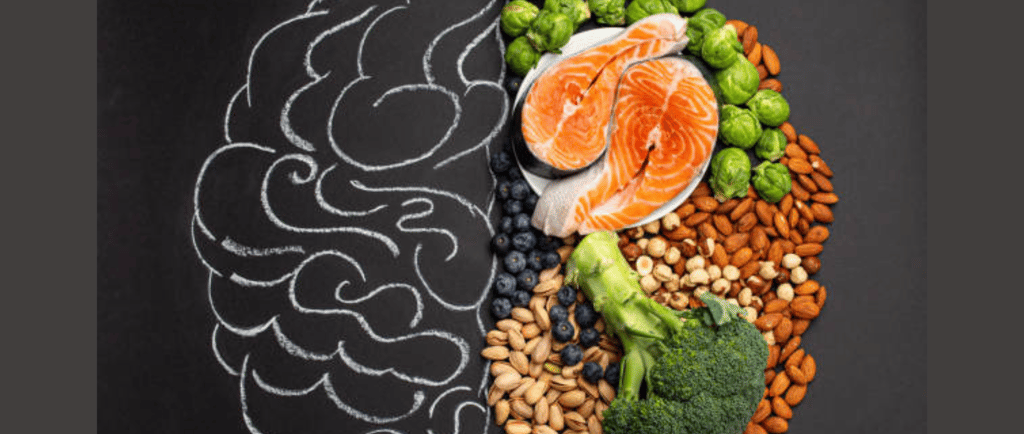Is there a connection between diet and mental health ?


Our bodies are intricate networks of interconnected systems, each playing a crucial role in our overall well-being. While we often focus on physical health, neglecting the mind-gut connection can significantly impact our mental health.
1. The Gut Microbiome: The Unsung Heroes of Mental Health
Residing within our digestive system is a vast community of trillions of microorganisms, collectively known as the gut microbiome. These tiny inhabitants play a surprising role in regulating our emotions and mental health.
2. The Gut-Brain Axis: A Bidirectional Dialogue
The gut and brain are constantly communicating through a bidirectional highway called the gut-brain axis. This intricate network of nerves, hormones, and neurotransmitters allows the gut to influence the brain and vice versa.
3. Diet's Impact on the Gut Microbiome
The foods we choose have a profound impact on the composition and diversity of our gut microbiome. A diet rich in fruits, vegetables, whole grains, and fermented foods nourishes beneficial gut bacteria, while a diet high in processed foods, sugary drinks, and unhealthy fats can disrupt the balance, leading to inflammation and potential health issues.
4. Gut Microbiome and Mental Health
Studies have shown that a healthy gut microbiome is associated with improved mood, reduced anxiety, and decreased risk of depression. Conversely, disruptions in the gut microbiome have been linked to increased inflammation, stress reactivity, and mental health issues.
5. Nourishing the Gut for Mental Well-being
Supporting a healthy gut microbiome is essential for promoting mental well-being. Here are some key dietary strategies:
Increase fiber intake: Fiber serves as a prebiotic, providing food for beneficial gut bacteria. Aim for 25-35 grams of fiber daily from fruits, vegetables, whole grains, and legumes.
Consume fermented foods: Fermented foods, such as yogurt, kefir, kimchi, and sauerkraut, contain live probiotics, which can directly replenish beneficial gut bacteria.
Limit processed foods: Processed foods, often high in unhealthy fats, refined sugars, and artificial additives, can disrupt the gut microbiome.
Mindful eating: Practice mindful eating, paying attention to hunger cues, savoring each bite, and avoiding distractions while dining.
6. A Holistic Approach to Mental Health
While diet plays a crucial role in mental health, it's important to remember that a holistic approach is essential. Regular exercise, adequate sleep, stress management techniques, and seeking professional support when needed are all crucial components of maintaining mental well-being.
7. Seeking Professional Guidance
If you are experiencing mental health concerns, consulting a mental health professional is essential. They can provide personalized guidance, therapy, and, if necessary, medication to help manage your symptoms.
NutriAB's: Empowering Informed Choices
As a nutritionist, I am passionate about empowering individuals to make informed choices about their food and lifestyle. NutriAB's is dedicated to providing evidence-based nutritional counseling and support to help individuals achieve their health and well-being goals.
Remember, our mental health is an integral part of our overall well-being. By nourishing our gut through a balanced diet and adopting healthy lifestyle habits, we can support our mental health and cultivate a path towards a happier, healthier life.